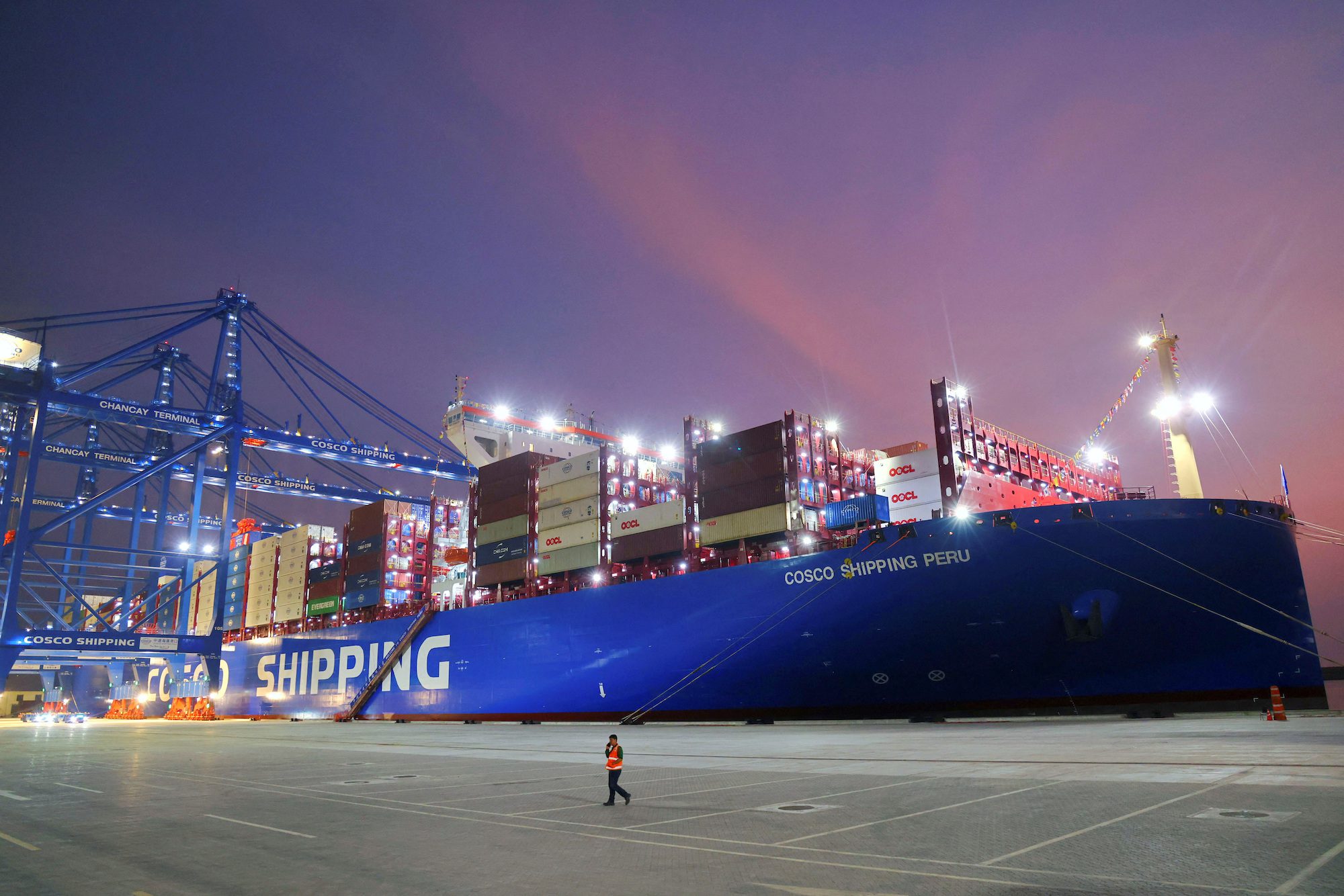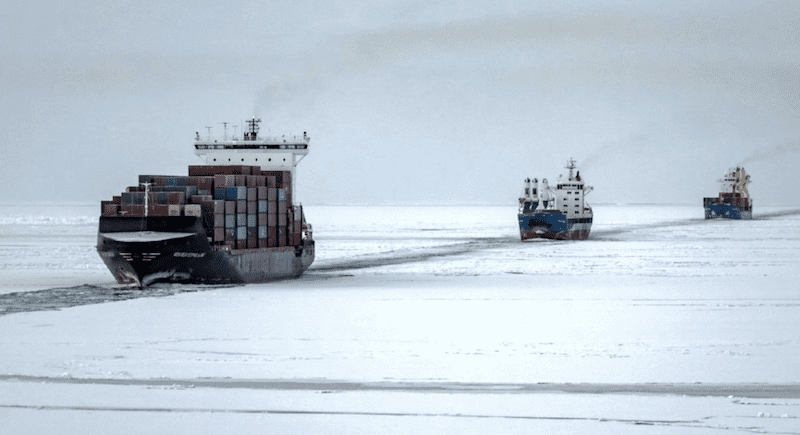June 30 (Bloomberg) — Iron ore prices, heading for a second straight quarterly loss, will rebound as the daily closure of mines supplying high-cost output in China boosts demand for seaborne shipments, according to Citigroup Inc.
Local suppliers in Asia’s largest economy are cutting production even as mills increase steel output on improved margins, according to analyst Ivan Szpakowski. An iron ore mine in China is being shuttered every day, with closures seen in all main producing regions, he said in an interview from Shanghai.
Producers in China, the world’s largest user, face a rising challenge of lower-cost supplies from BHP Billiton Ltd., Fortescue Metals Group Ltd. and Vale SA after the biggest miners in Australia and Brazil expanded output and spurred a global glut. While benchmark prices in China are poised for the biggest three-month loss since 2012, they have risen in June and are heading for the first monthly advance since November.
“We’re one of the most bullish people in the market,” said Szpakowski, reiterating a forecast for prices to average $100 a ton in the fourth quarter and $104 this year. “Imported ore is much cheaper than domestic ore, so the shift in buying has moved to imported ore. That’s supporting imported prices.”
Ore with 62 percent iron content delivered to Tianjin fell 0.4 percent to $94.90 a dry ton on June 27, according to data from The Steel Index Ltd. So far this quarter, the commodity has lost 19 percent, following a 13 percent decline between January and March. Prices advanced 3 percent last week, the most since the period ended August 16.
Mine Closures
“Supply in China has been decreasing,” Szpakowski said June 27, adding that there is robust support for the commodity at about $90 a ton, with prices unlikely to drop below that level. “Basically, every day there’s a new iron ore mine shutting down, so supply will continue to fall,” he said.
Between 20 percent and 30 percent of the iron ore mines in China have closed down, according to the China Metallurgical Mining Enterprise Association. Local production will decline 16 percent to 310 million tons this year and contract to 275 million tons in 2015, Credit Suisse Group AG said on June 23, citing projections for supply in 62 percent content terms.
“Chinese producers find it difficult to generate profits and justify production if prices stay below $100,” Gavin Wendt, founder and senior resource analyst at Mine Life Pty in Sydney, said in an interview today. Iron ore in Tianjin has been below that level since May 19, dropping to a low of $89 on June 16. “This in turn will provide some level of price support.”
‘Cease to Exist’
The Chinese market is becoming saturated with lower-cost imports from Australia and Brazil, Morgan Stanley said in a report today, forecasting lower prices even as Chinese mines shut down. The bank sees a second-half average of $95 a ton, and a drop to $90 in 2015.
“We believe cost support provided by higher-cost Chinese operations will cease to exist as Chinese mines see widespread closures leading to a decline in prices,” Morgan Stanley analysts including Joel Crane wrote.
The biggest closures of Chinese supply may be in Hebei as the province is the largest producer and has some of the highest costs, according to Goldman Sachs Group Inc., which sees prices averaging $108 this year and $80 in 2015.
China will need to cut about 64 million tons of output this year, and a further 85 million tons by 2017, JPMorgan Chase & Co. analysts including Daniel Kang wrote in a report yesterday. While the 2014 estimate was cut to $105 from $118, there’s scope for a better second half on record Chinese steel output and as most new supply growth in Australia has already begun, he said.
Fortescue’s View
Fortescue expects that prices will recover to about $110 a ton, Chief Financial Officer Stephen Pearce told the Australian newspaper in an interview, citing strengthening economic data in China and the decline of stockpiles at ports. The market has adjusted to increased supply from major producers, Pearce said.
A Chinese manufacturing index released last week showed that factory activity rose to a seven-month high in June, supporting Premier Li Keqiang’s contention that the economy will avoid a hard landing as the government steps up efforts to spur growth. The country buys about two-thirds of the world’s seaborne iron ore, according to Morgan Stanley.
Stockpiles at Chinese ports fell 0.9 percent to 112.65 million tons in the week to June 27 from a record 113.65 million tons a week earlier, according to Shanghai Steelhome Information Technology Co. Inventories have expanded 30 percent this year.
“Every significant ore-producing province has mines shutting down,” said Szpakowski. “We think prices will continue to go up.”
(c) 2014 Bloomberg, All Rights Reserved
Editorial Standards · Corrections · About gCaptain
This article contains reporting from Bloomberg, published under license.

 Join The Club
Join The Club











